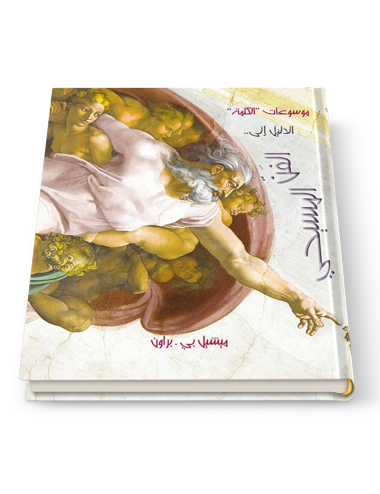Concept of Tampering in Philosophy and Art
This book is a cry of protest against those who rejoice at the death of ideas and doctrines and declare in a foolish trance that existentialism is dead
This book is a cry of protest against those who rejoice at the death of ideas and doctrines and declare in a foolish trance that existentialism is dead
What if imagination and art are not, as many of us might think, the frosting on life but the fountainhead of human experience? What if our logic and science derive from art forms, rather than the other way around? In this trenchant volume, Rollo May helps all of us find those creative impulses that, once liberated, offer new possibilities for achievement. A renowned therapist and inspiring guide, Dr. May draws on his experience to show how we can break out of old patterns in our lives.
The subject of fiction has received clear interest from many philosophers, both idealists and empiricists. We will depart from the subject of our studies if we try to follow the opinions of modern philosophers in this regard
“[Alice Miller] illuminates the dark corners of child abuse as few other scholars have done.”―Jordan Riak, NoSpank.net
This beautifully illustrated volume walks readers through every chapter of the Bible, while also explaining such things as how we got the Bible, how it was preserved over the years, how the Bible fits in with historical sources and archeological finds, and similar information.
Rare and compelling in its compassion and its unassuming eloquence...her examples are so vivid and so ordinary they touch the hurt child in us all NEW YORK MAGAZINE
Christianity has been a central force in the shaping of western culture. It is not surprising, therefore, that the greatest artists down the centuries have sought to paint its story. This book tells the history of Christian art, exploring the purpose behind the masterpieces and looking at the context in which they were created. The modern secular reader who feels detached from the meaning of the paintings will be helped to understand their emotional as well as their asethetic power. And the Christian reader will be encouraged to explore further the wonder and beauty of the Christian cultural legacy. The book includes a final chapter on the way modern artists are continuing and changing the legacy.
One of the masterworks of twentieth century Jewish scholarship was Louis Ginzberg's Legends of the Jews, or, more accurately, Legends of the Bible... For scholars, Ginzberg's book is a monumental work of research. But for the general reader, it is a gateway into a world, a world where the imagination roamed and the spirit was free... The Bible will never be the same for you again, if you do.
(Rabbi Jack Reimer South Florida Jewish Journal.)
Forty years in the wilderness transformed Hebrew slaves into the Jewish people. In the long wandering to the promised land, much happened that the Bible did not record. Volume Three collects the legends about events that occurred during the exodus, events of struggle and anger, and of wonder and awe.
The masterpiece of one of the preeminent Talmudic scholars of the 20th century, the multivolume Legends of the Jews gathers together stories from the Talmud, the Midrash, the Bible, and oral traditions-also known as the Haggada-and offers them in chronological order. Volume I, first published in 1909, features tales of The Creation of the World, The Birth of Cain and Noah, The Birth of Abraham, and The Birth of Esau and Jacob-The Favorite of Abraham. A work of brilliant erudition and deep devotion, this is an invaluable collection of religious lore. American rabbi LOUIS GINZBERG (1873-1953) founded the American Academy of Jewish Research and was a prolific contributor to the Jewish Encyclopedia.
An examination of childhood trauma and its surreptitious, debilitating effects by one of the world's leading psychoanalysts.
Never before has world-renowned psychoanalyst Alice Miller examined so persuasively the long-range consequences of childhood abuse on the body. Using the experiences of her patients along with the biographical stories of literary giants such as Virginia Woolf and Marcel Proust, Miller shows how a child's humiliation, impotence, and bottled rage will manifest itself as adult illness―be it cancer, stroke, or other debilitating diseases. Miller urges society as a whole to jettison its belief in the Fourth Commandment and not to extend forgiveness to parents whose tyrannical childrearing methods have resulted in unhappy, and often ruined, adult lives.

















